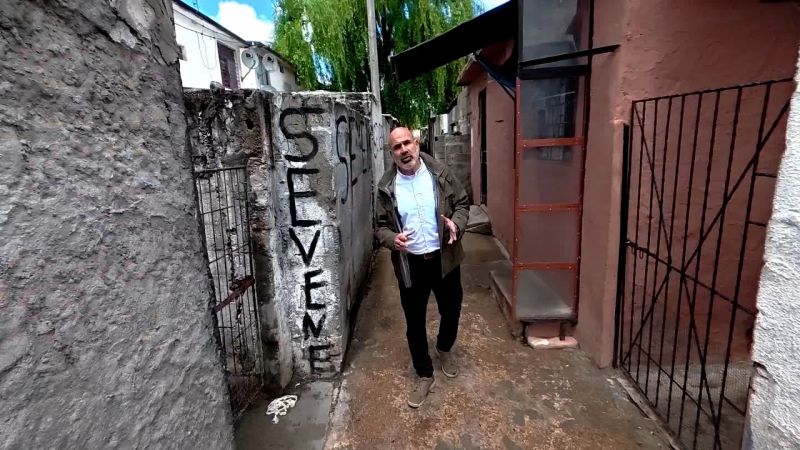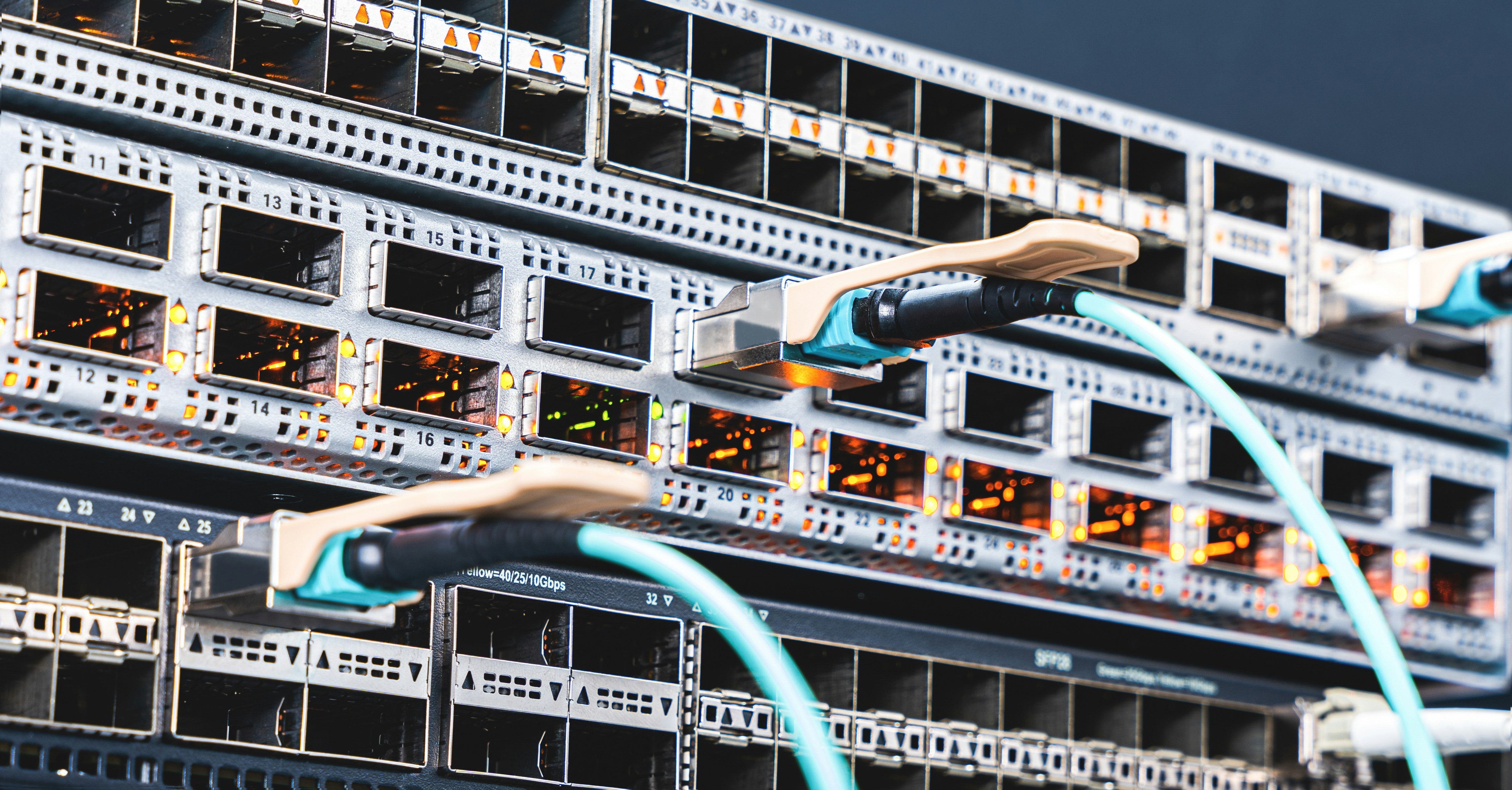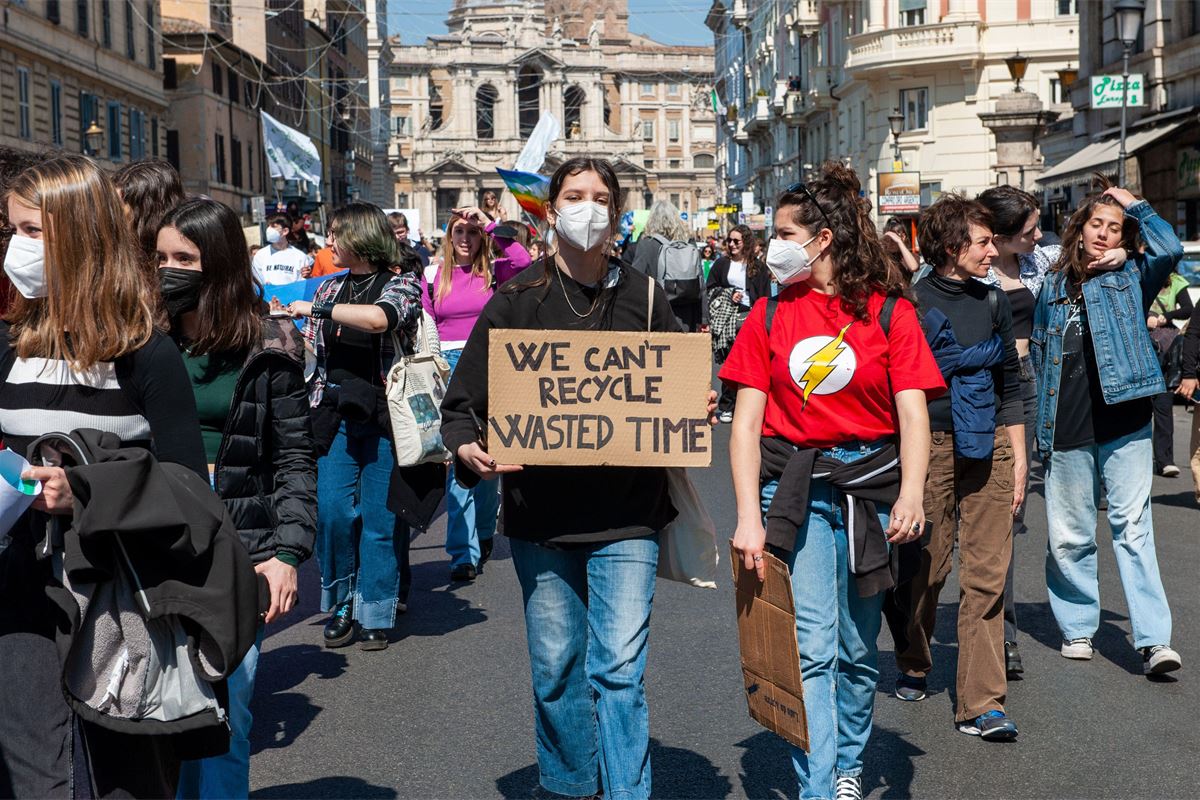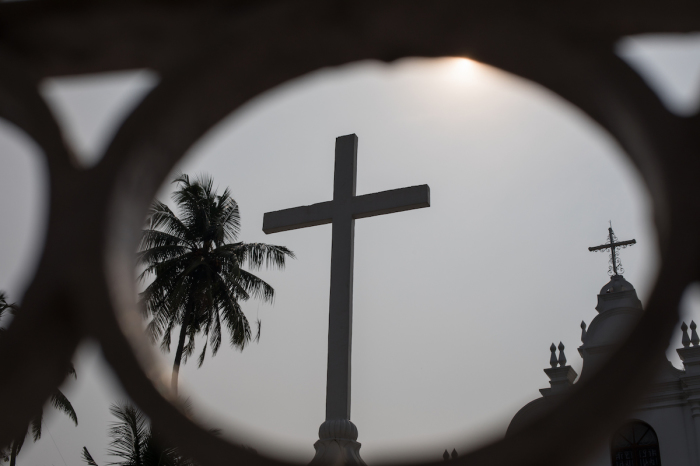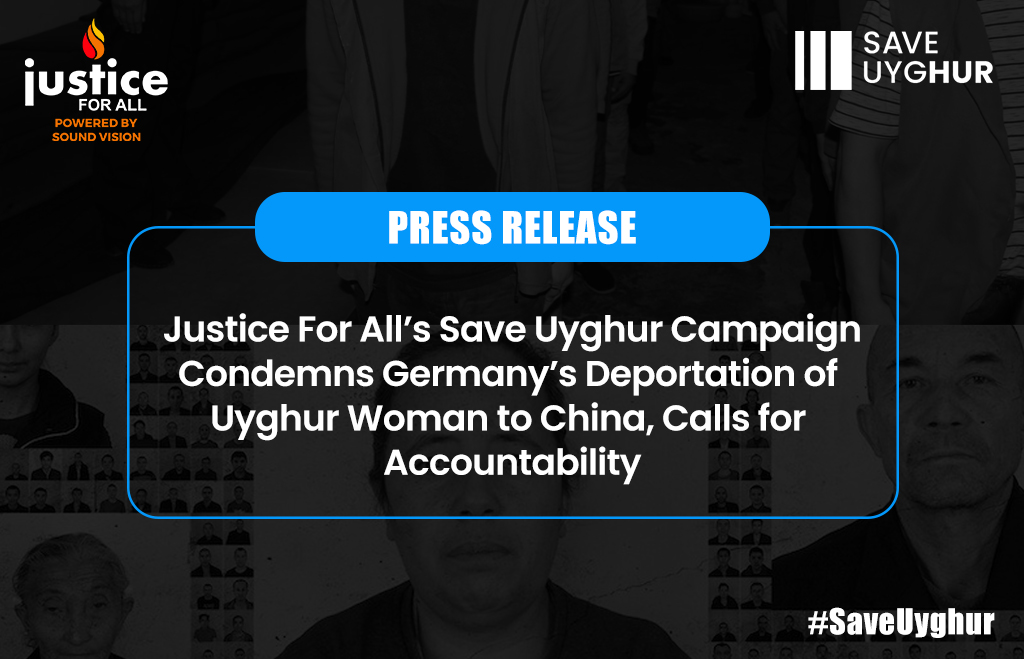Zelensky has decided not to limit anti-corruption institutions – Baltic News Network

Report on Ukrainian Anti-Corruption Legislation and its Alignment with Sustainable Development Goals
Legislative Developments Concerning Anti-Corruption Bodies
In a significant move to reinforce institutional integrity, Ukrainian President Volodymyr Zelensky has submitted a legislative bill aimed at restoring the full independence of the nation’s primary anti-corruption bodies. This action follows a period of public and international concern over the status of these institutions.
- A preceding law had placed the National Anti-Corruption Bureau (NABU) and the Special Anti-Corruption Prosecutor’s Office (SAPO) under the authority of the Prosecutor General, a move perceived as diminishing their autonomy.
- The new bill, submitted on July 24, intends to reverse these changes, thereby protecting the operational independence of NABU and SAPO from political influence.
- The National Anti-Corruption Bureau has confirmed that the proposed legislation is expected to restore its executive powers and all associated guarantees of independence.
Advancing SDG 16: Peace, Justice and Strong Institutions
The legislative conflict and its resolution are directly tied to Ukraine’s commitment to achieving Sustainable Development Goal 16, which emphasizes the development of effective, accountable, and transparent institutions.
- Target 16.5 (Reduce Corruption): The initial law was seen as a setback to efforts aimed at substantially reducing corruption and bribery. The new bill seeks to realign national strategy with this target by ensuring anti-graft bodies can function without impediment.
- Target 16.6 (Effective and Transparent Institutions): Widespread public protests erupted following the enactment of the restrictive law, signaling a strong civil society demand for accountable and transparent governance. The governmental response underscores the dynamic interplay between public pressure and institutional reform.
- Target 16.3 (Promote the Rule of Law): The debate centers on the core principles of the rule of law. Restoring the independence of NABU and SAPO is presented as a crucial step to ensure impartial justice and uphold legal frameworks, a cornerstone of this target.
International Cooperation and SDG 17: Partnerships for the Goals
The situation has highlighted the importance of international partnerships in supporting national sustainable development objectives, as outlined in SDG 17.
- Ukraine’s status as an official EU candidate country links its domestic policy directly to international standards. European Commission President Ursula von der Leyen has reiterated that respect for the rule of law and a robust fight against corruption are fundamental conditions for EU membership.
- The creation of NABU and SAPO in 2014-2015 was itself a product of international partnership, serving as a prerequisite for visa liberalization with the European Union.
- The European Commission officially welcomed the decision to introduce the new bill, reaffirming the supportive role of international partners in Ukraine’s efforts to build strong institutions consistent with SDG 16.
Which SDGs are addressed or connected to the issues highlighted in the article?
-
SDG 16: Peace, Justice and Strong Institutions
This goal is central to the article, which focuses on the fight against corruption, the independence of judicial and anti-corruption institutions (NABU and SAPO), and the importance of the rule of law in Ukraine. The public protests and the legislative actions by President Zelensky directly relate to building effective, accountable, and transparent institutions, which is a core component of SDG 16.
-
SDG 17: Partnerships for the Goals
The article highlights the role of international partnerships in driving domestic policy. The European Union’s stance is a critical factor, as Ukraine’s potential membership is conditioned on its “respect for the rule of law and the fight against corruption.” The European Commission’s congratulations on the decision to repeal the restrictive law and the historical context of the EU’s role in the creation of NABU and SAPO for visa regime easing demonstrate the influence of global partnerships on national governance and sustainable development.
What specific targets under those SDGs can be identified based on the article’s content?
-
Target 16.5: Substantially reduce corruption and bribery in all their forms
The entire article revolves around the institutional framework designed to combat corruption in Ukraine. The establishment and subsequent struggle for the independence of the National Anti-Corruption Bureau (NABU) and the Special Anti-Corruption Prosecutor’s Office (SAPO) are direct efforts to address this target. The initial law that reduced their independence was seen as a setback, while the new bill to restore it is a move towards achieving this target.
-
Target 16.6: Develop effective, accountable and transparent institutions at all levels
The public protests against the law that undermined the independence of NABU and SAPO show a citizen demand for accountable institutions. President Zelensky’s subsequent submission of a bill to restore their independence is a direct action toward making these bodies more effective and transparent. The article states the new bill is intended to “protect the independence of NABU and SAPO,” which aligns perfectly with this target.
-
Target 16.3: Promote the rule of law at the national and international levels and ensure equal access to justice for all
The European Commission’s warning to Kyiv that “the main conditions for membership in the bloc are respect for the rule of law” explicitly connects the events to this target. The debate over the legal status and operational independence of anti-corruption bodies is fundamentally a debate about upholding the rule of law against political influence.
-
Target 17.17: Encourage and promote effective public, public-private and civil society partnerships
The article illustrates a multi-stakeholder dynamic. The government (President Zelensky), civil society (the protesters), and international partners (the European Union) are all interacting to shape policy on corruption and governance. The protests represent a civil society partnership holding the government accountable, which in turn responds to pressure from both citizens and international bodies.
Are there any indicators mentioned or implied in the article that can be used to measure progress towards the identified targets?
-
Legislative frameworks for anti-corruption
The article explicitly discusses the passing of a law that reduced the independence of anti-corruption bodies and the subsequent submission of a new bill to restore it. The content and status of these laws serve as a direct indicator of the government’s commitment to fighting corruption (Target 16.5) and building effective institutions (Target 16.6).
-
Independence of judicial and anti-corruption institutions
The core issue of the article is the independence of NABU and SAPO. Whether these institutions are “directly under the Prosecutor General” or have their “executive power and all guarantees of independence restored” is a key qualitative indicator for measuring the effectiveness and accountability of state institutions (Target 16.6).
-
Public engagement and protest
The article notes that “the largest protests began in Ukraine since the start of Russia’s full-scale invasion.” The scale and nature of these public demonstrations serve as an indicator of citizen engagement and the public’s demand for accountability and an end to corruption, reflecting progress towards a more inclusive and responsive society (relevant to Target 16.6 and 17.17).
-
International partner assessments
The “sharp criticism from Ukraine’s western allies” and the European Commission’s stated position on the “rule of law and the fight against corruption” as conditions for EU membership act as external assessment indicators. The EC’s congratulatory statement on the reversal of the law is a positive measure of progress from an international partner’s perspective (relevant to Target 16.3 and SDG 17).
SDGs, Targets, and Indicators Analysis
| SDGs | Targets | Indicators |
|---|---|---|
| SDG 16: Peace, Justice and Strong Institutions |
16.5: Substantially reduce corruption and bribery in all their forms.
16.6: Develop effective, accountable and transparent institutions at all levels. 16.3: Promote the rule of law at the national and international levels. |
– The existence and legal status of anti-corruption legislation (the initial restrictive law and the new bill to repeal it). – The operational independence of anti-corruption bodies (NABU and SAPO). – The scale of public protests demanding government accountability. – The explicit mention of “respect for the rule of law” as a key condition by the European Commission. |
| SDG 17: Partnerships for the Goals | 17.17: Encourage and promote effective public, public-private and civil society partnerships. |
– The interaction between the Ukrainian government, its citizens (protesters), and international partners (the EU) to influence policy. – The “sharp criticism from Ukraine’s western allies” and the subsequent policy reversal. – The EU’s role in the initial creation of NABU and SAPO as a prerequisite for visa easing. |
Source: bnn-news.com

What is Your Reaction?
 Like
0
Like
0
 Dislike
0
Dislike
0
 Love
0
Love
0
 Funny
0
Funny
0
 Angry
0
Angry
0
 Sad
0
Sad
0
 Wow
0
Wow
0

